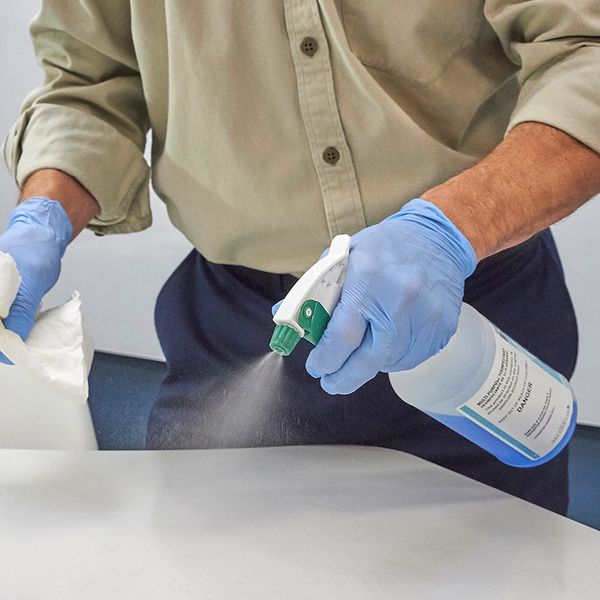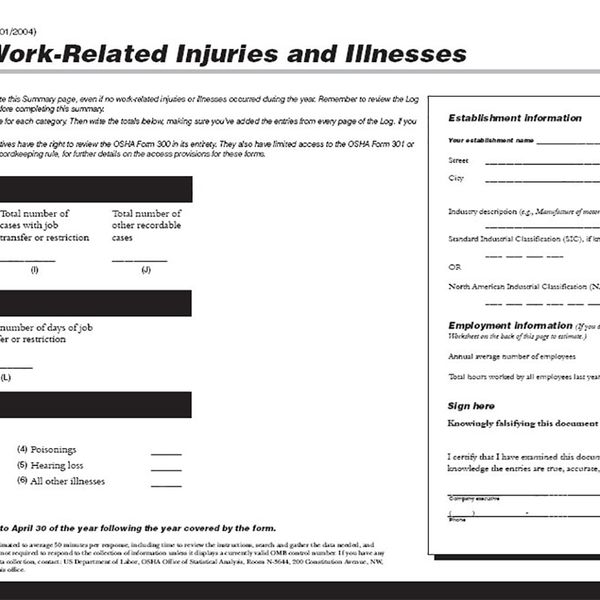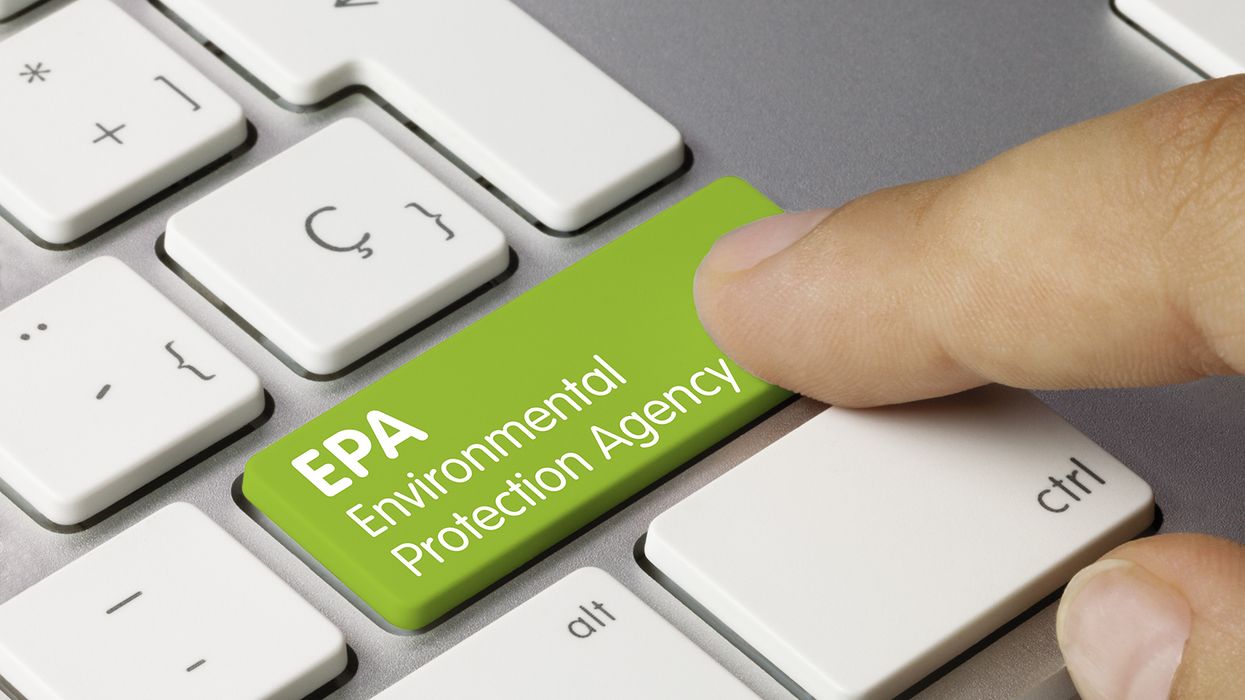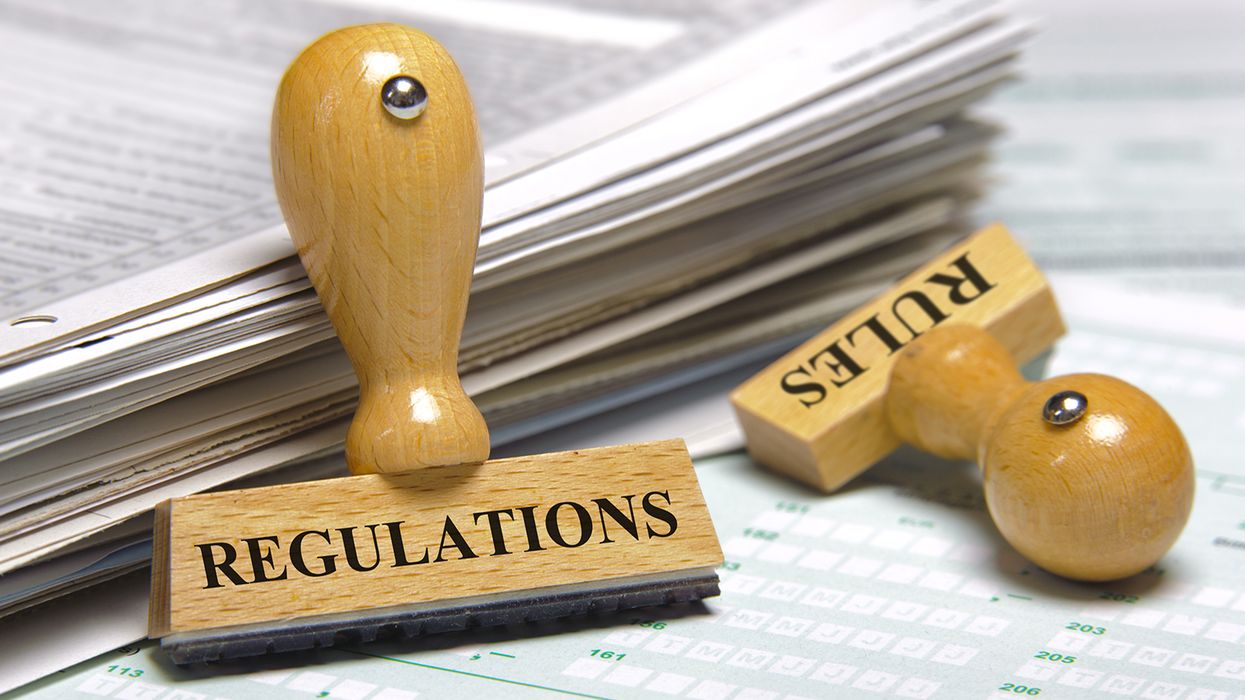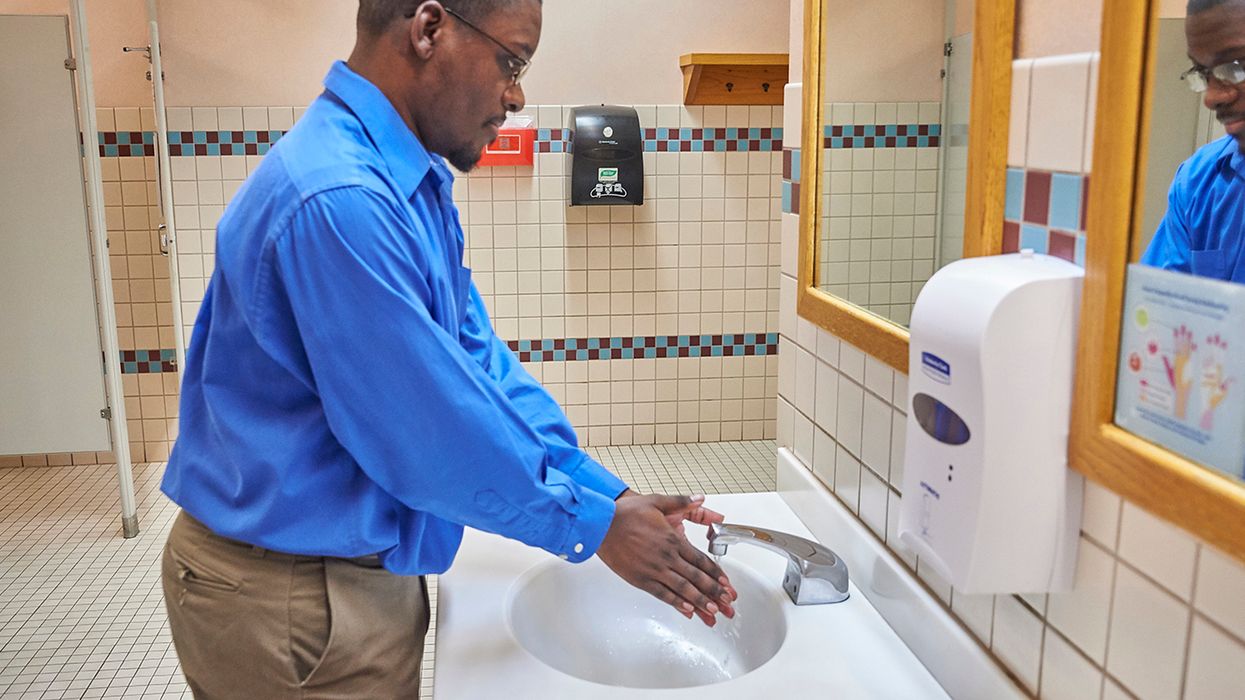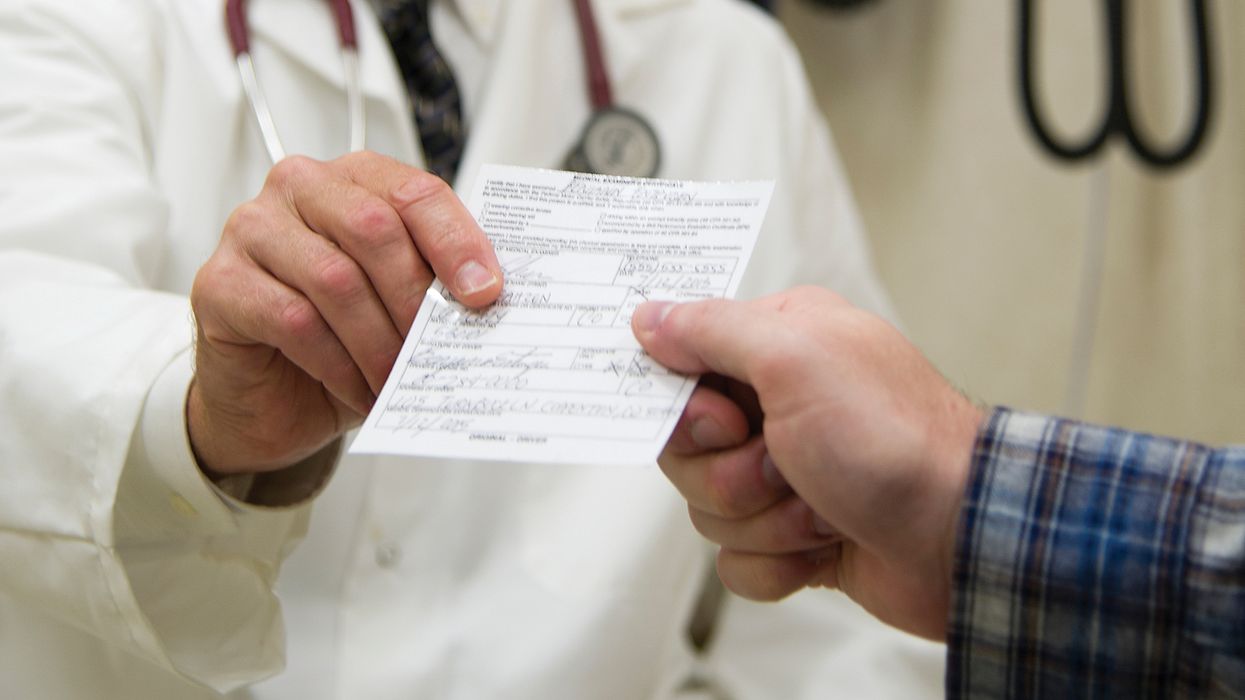When a business shuts down because of severe weather, it affects productivity and revenue. Conversely, staying open can put employees’ safety at risk.
The increase in remote work, however, may mean fewer employees calling out when they’re snowed in, mitigating both revenue loss and risk for employers.
Whether or not remote work is an option, employers should address concerns that can accompany bad weather in an inclement weather policy. The policy should include contingencies for both closing and remaining open during storms, as well as other disasters (natural or otherwise). It should specify if those who can’t make it in are expected to work remotely.
The policy can be in an employee handbook, but it’s also a good idea to provide employees with a reminder at the beginning of every severe weather season, or when severe conditions are forecast.
What to include in an inclement weather policy
For employees who always work from home: Specify that it’s business as usual unless the severe weather somehow impacts their ability to do their jobs remotely. For example, an employee who experiences a power outage at their remote location can’t be expected to work during the outage. Or, if coworkers and systems they depend on to do their jobs are affected by the storm, they may not be able to work.
For hybrid employees: If bad weather occurs on a day they were scheduled to come in, they should opt to work from home that day instead.
In-office employees able to work from home: Providing an option for telecommuting on bad weather days could help alleviate issues. Your policy should outline which employees are allowed to work from home if they feel it’s unsafe to travel to work, and which positions are essential, meaning they must report to the physical workplace. Those who are able to work from home must take their laptops and other necessary tools home with them every night to ensure they’re able to work from home should a storm blow in overnight.
Defining inclement weather: Your policy should indicate who decides whether to remain open, close early, or close all day. Provide this person with guidelines for what constitutes “inclement weather” in your area. It’s usually defined as weather that causes major disruption to transportation, businesses, and schools. While 3 inches of snow may shut down roads in Texas, it would not likely cause alarm in Minnesota.
Assessing liability risk: The decision maker should also understand the liability risks your company faces if it stays open during severe weather. For example, with the onset of winter, employers in northern climates can expect snow to occasionally create hazardous traveling conditions. While there are always exceptions to the rule, commuting to and from work — even in a blizzard — isn’t generally covered by workers’ compensation. Employers aren’t typically liable for accidents that may occur during an employee’s regular commute. However, employers can be liable for accidents, such as slips, trips, and falls, on company property caused by weather conditions. When evaluating whether to close, employers will want to consider their ability to provide a safe working environment (including parking lots and sidewalks) during inclement weather.
Notifying employees: The policy should clearly outline how closures will be communicated to employees. Companies might notify employees via email or text message or provide a telephone number for employees to hear a recorded message. Some companies also submit notices to the local radio and television stations to be included with school and community closures.
Paying employees: The obligation to pay employees during a shutdown depends on whether the employees are exempt (“salaried”) or nonexempt (“hourly”). Under federal law, for nonexempt employees, the answer is simple; they’re paid only for hours actually worked. If they don’t work because the business is closed or the employer sends them home early, they need not be paid (state laws may vary). They could, perhaps, use paid time off (i.e., PTO, vacation time, etc.) to cover an absence. Exempt employees must generally be paid their normal weekly salary, unless the business is closed, and no work is performed for a full workweek. Federal regulations prohibit salary deductions for exempt workers for days when work isn’t available, including weather closings. In most states, exempt employees could be required to use PTO.
Impact on morale: Staying open during hazardous weather could negatively impact employee morale. If schools are closed, parents will have an unexpected need for childcare, and poor driving conditions may result in more stressful commutes. It could also give employees the impression that you aren’t concerned about their safety and well-being.
Key to remember: Before the snow flies, make sure your inclement weather policy is ready. In addition to creating a policy, you might need to communicate with managers on how to address essential employees who choose not to report during inclement weather, even when the business remains open.




